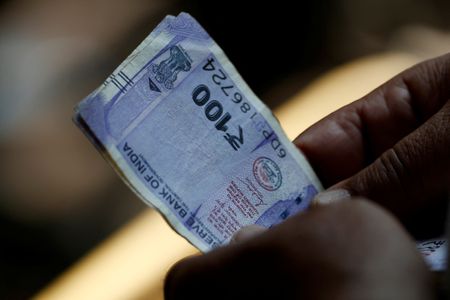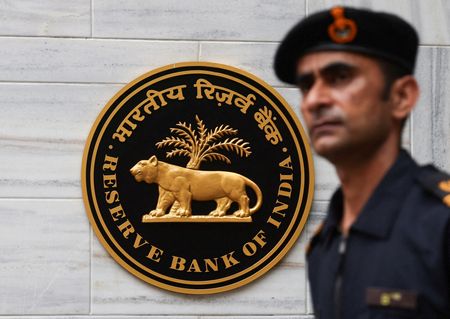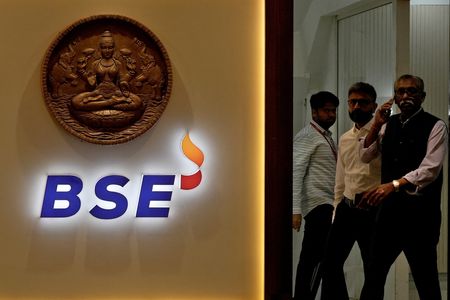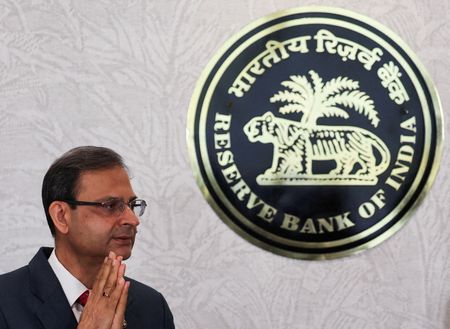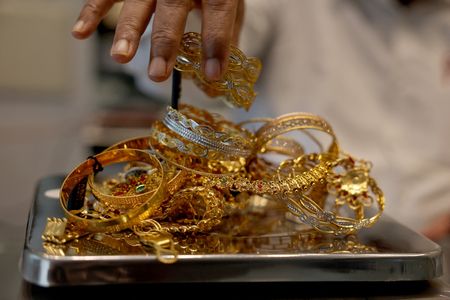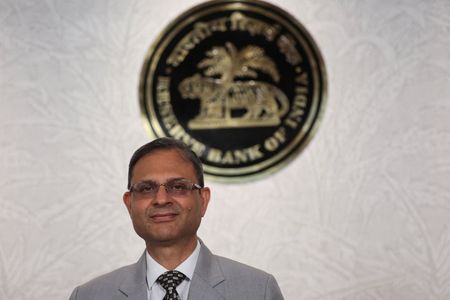MUMBAI (Reuters) -India’s central bank on Wednesday proposed steps to boost the Indian rupee’s , global use, including allowing local banks to lend in rupees to businesses in neighboring countries and setting official reference exchange rates for major trading partner’s currencies.
Reserve Bank of India Governor Sanjay Malhotra announced the measures alongside the central bank’s monetary policy decision on Wednesday wherein India’s rate-setting panel decided to keep rates unchanged, along expected lines.
“We have been making steady process in this regard,” Malhotra said, referring to the rupee’s internationalization, and said that under the proposed changes, authorized Indian banks will be permitted to make rupee-denominated loans to non-residents from Bhutan, Nepal and Sri Lanka, for cross-border trade transactions.
Malhotra also said that transparent reference rates for currencies of India’s major trading partners would be established, to facilitate rupee-based transactions.
“The objective is to minimizes the use of crossing currencies to get rates. That’ll help both our currency and the other currency,” RBI Deputy Governor T Rabi Sankar said in a press-conference post the announcement of the central bank’s policy decision.
The Indonesian rupiah and the United Arab Emriates dirham are among the currencies the central bank is looking to establish reference rates for, Sankar said.
“This is a case where the reference rate has to be shown first and the market has to pick up from there,” he said. The RBI currently publishes reference rates for the U.S. dollar, euro, Japanese yen and sterling.
The central bank also proposed to allow foreign entities to invest surplus rupee balances in their so-called vostro accounts into corporate bonds and commercial papers. The move would widen the permitted uses for funds kept in these accounts.
Vostro accounts are typically held by a domestic bank on behalf of a foreign bank for trading partners to hold rupee-denominated balances from trade transactions.
In August, the central bank had allowed foreign investors to invest their surplus vostro balances into central government securities.
(Reporting by Jaspreet Kalra; Editing by Ronojoy Mazumdar)

